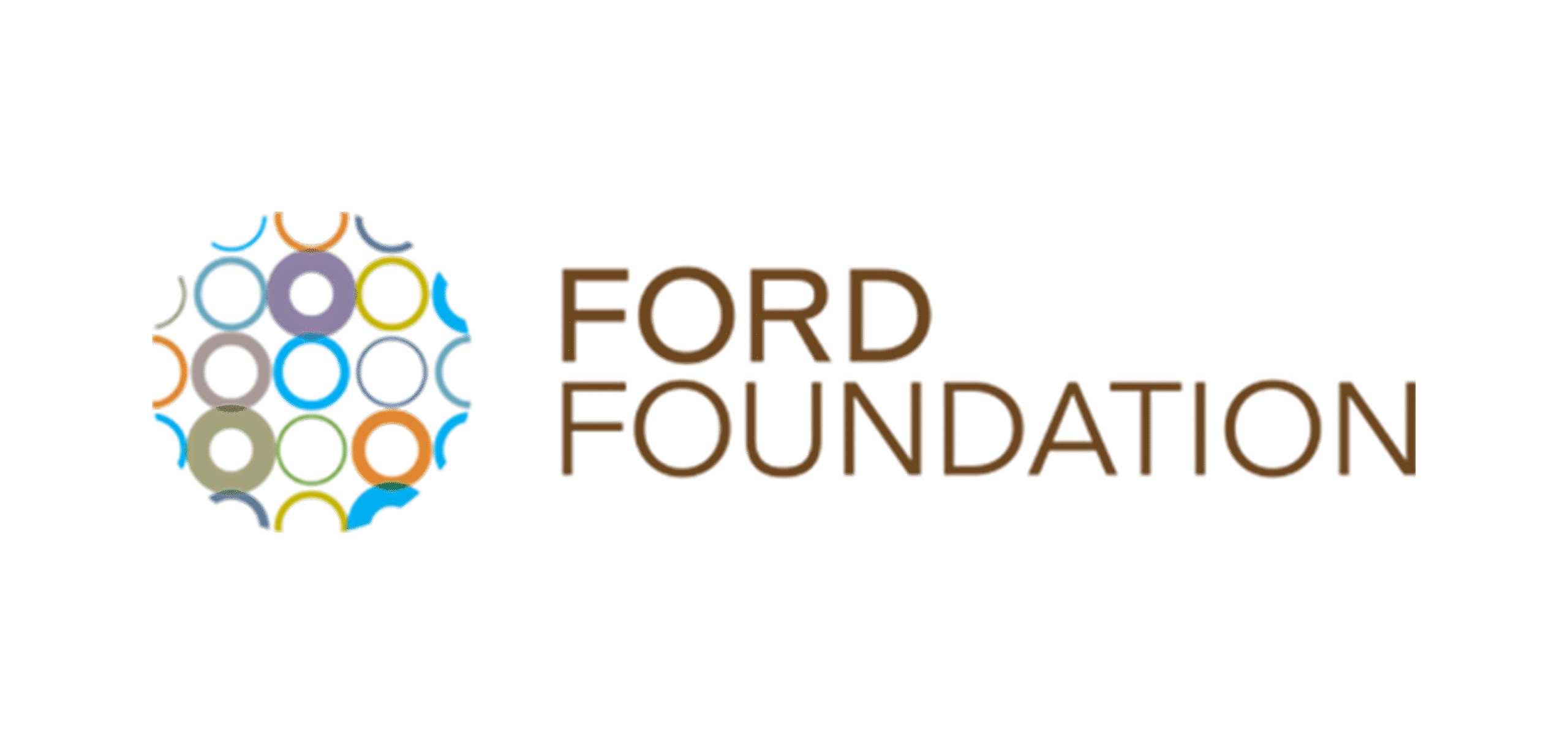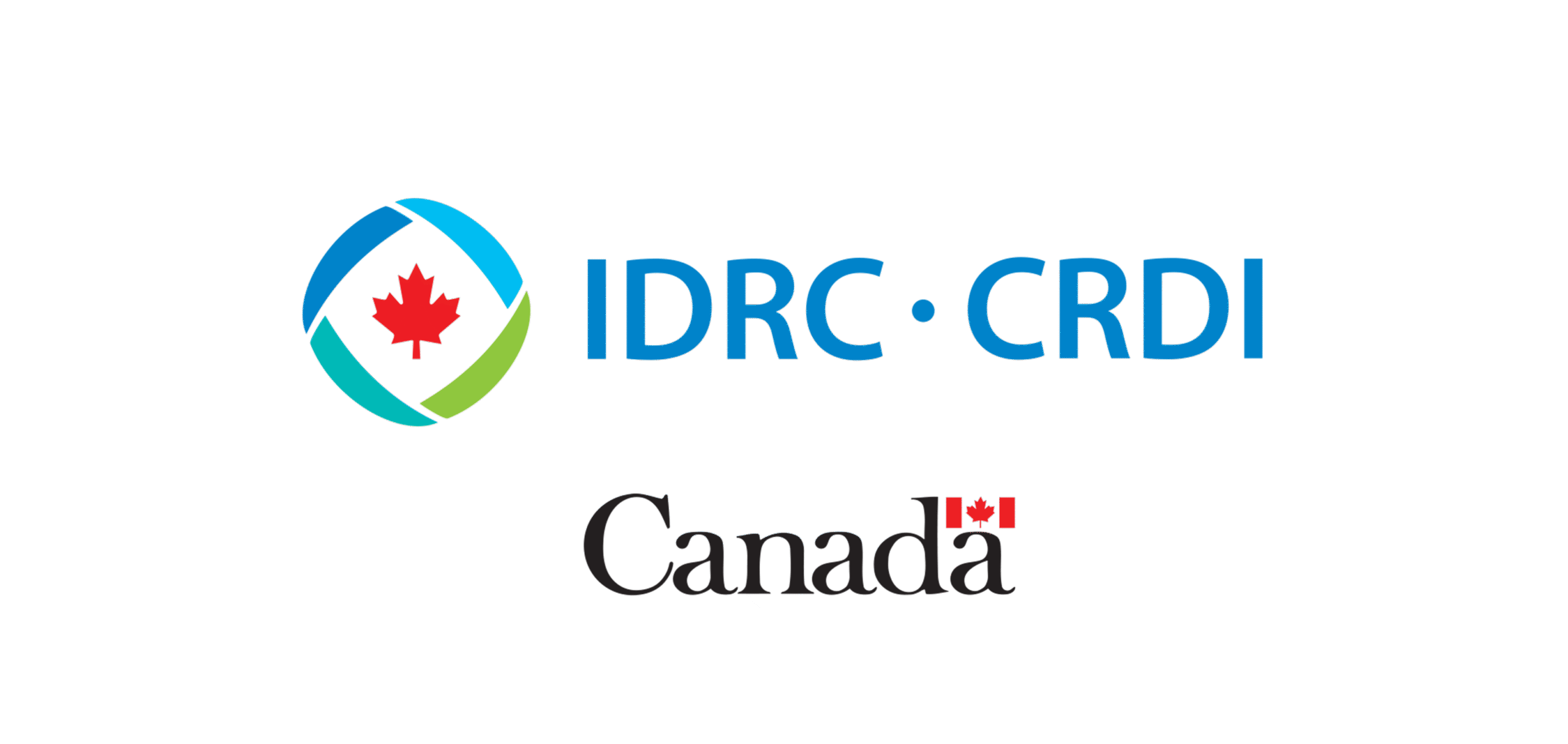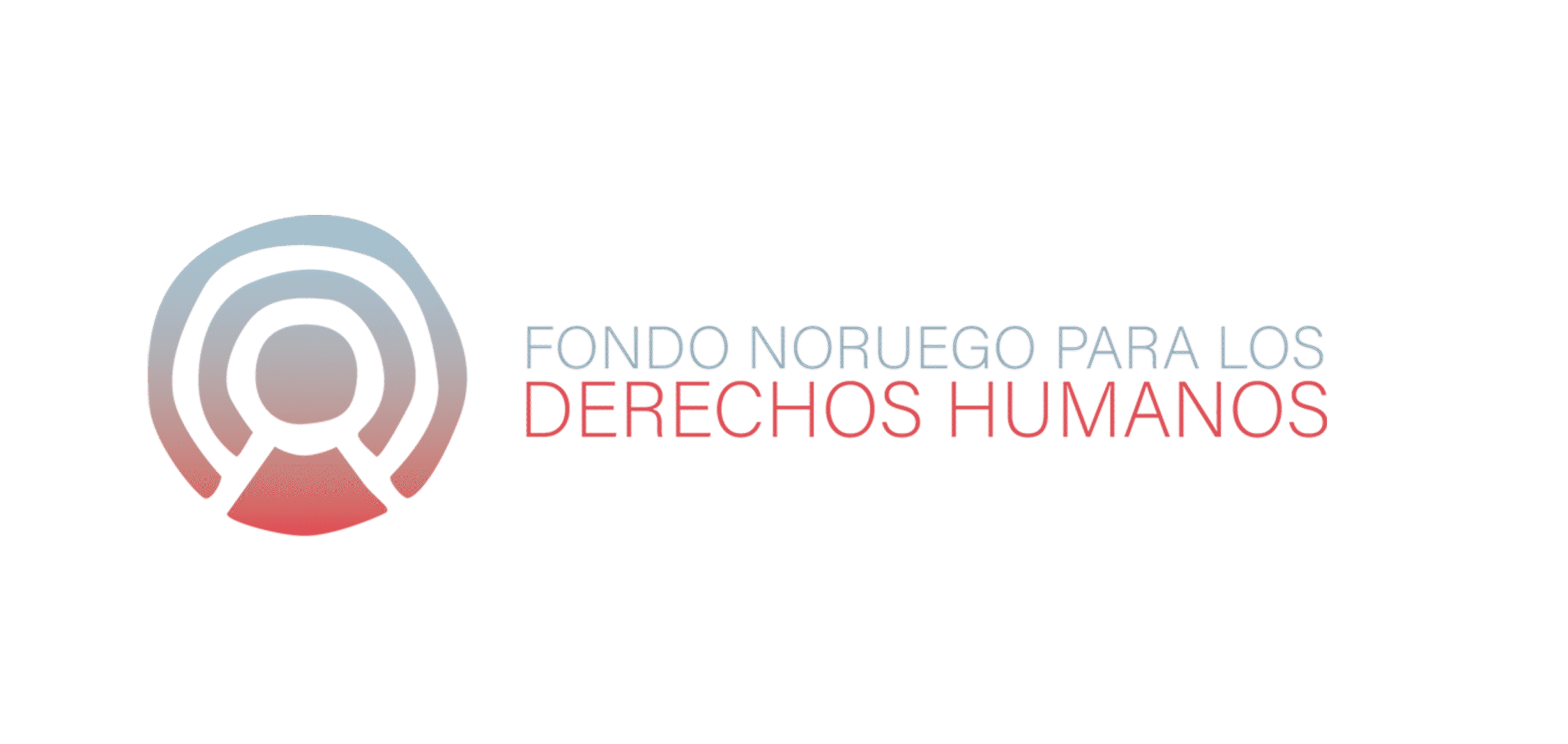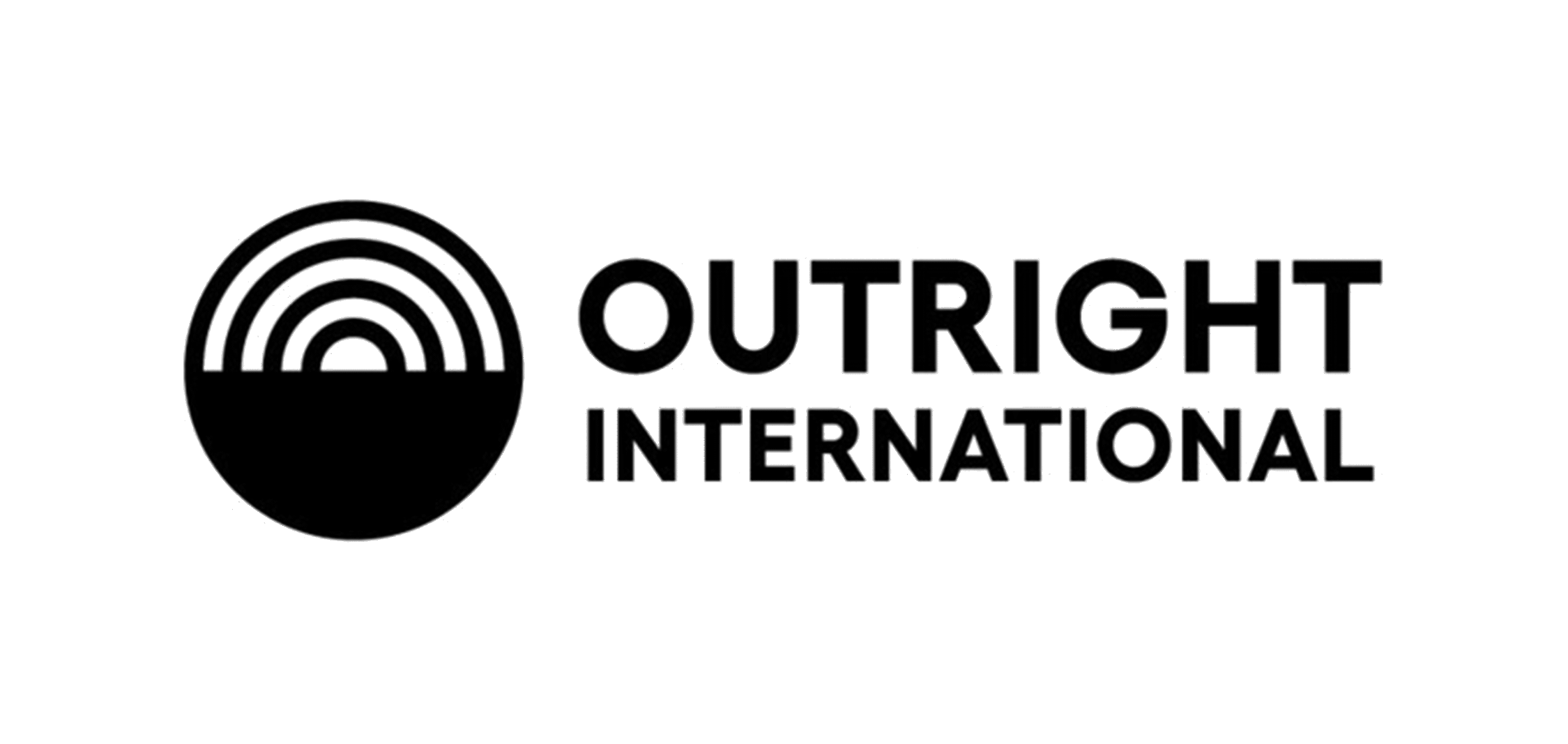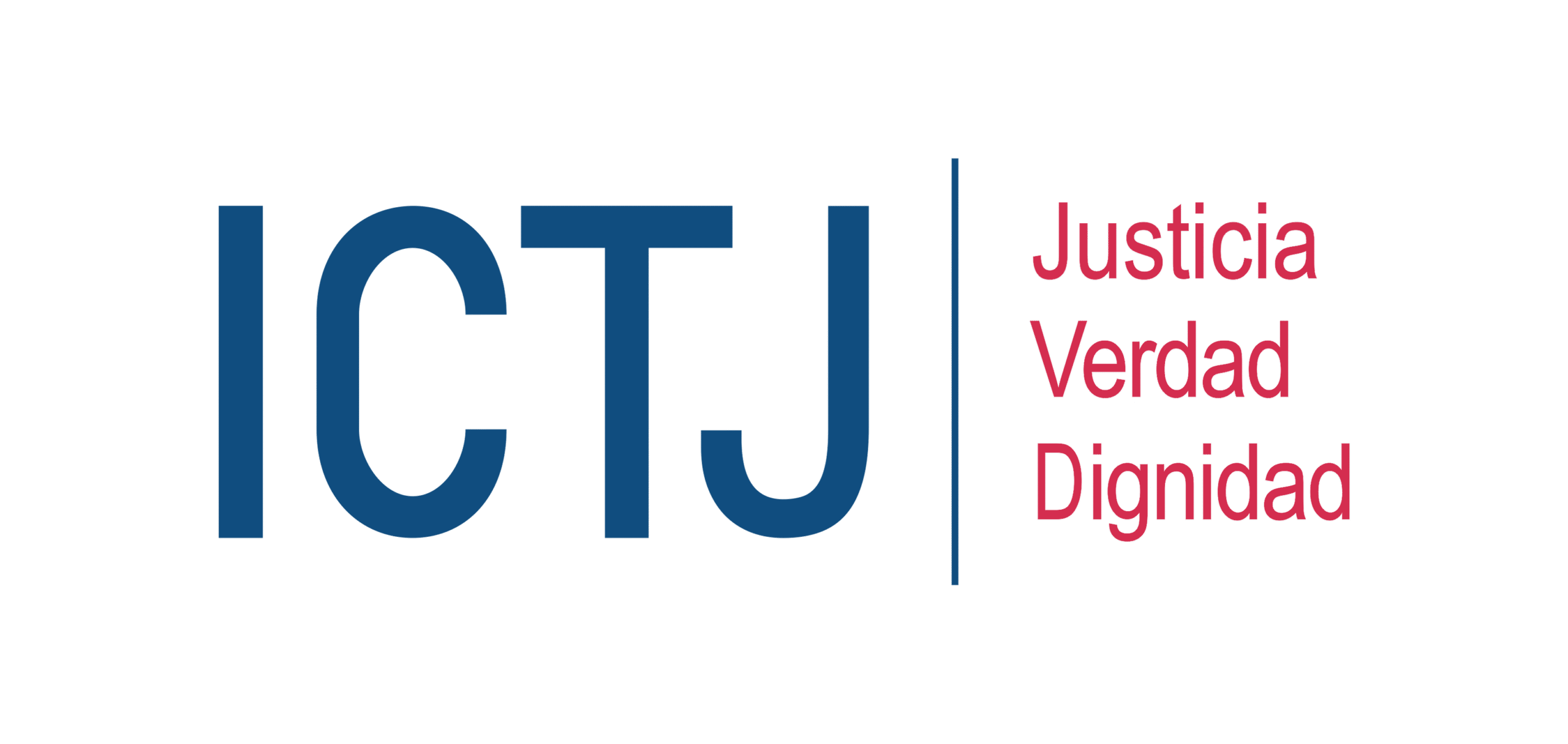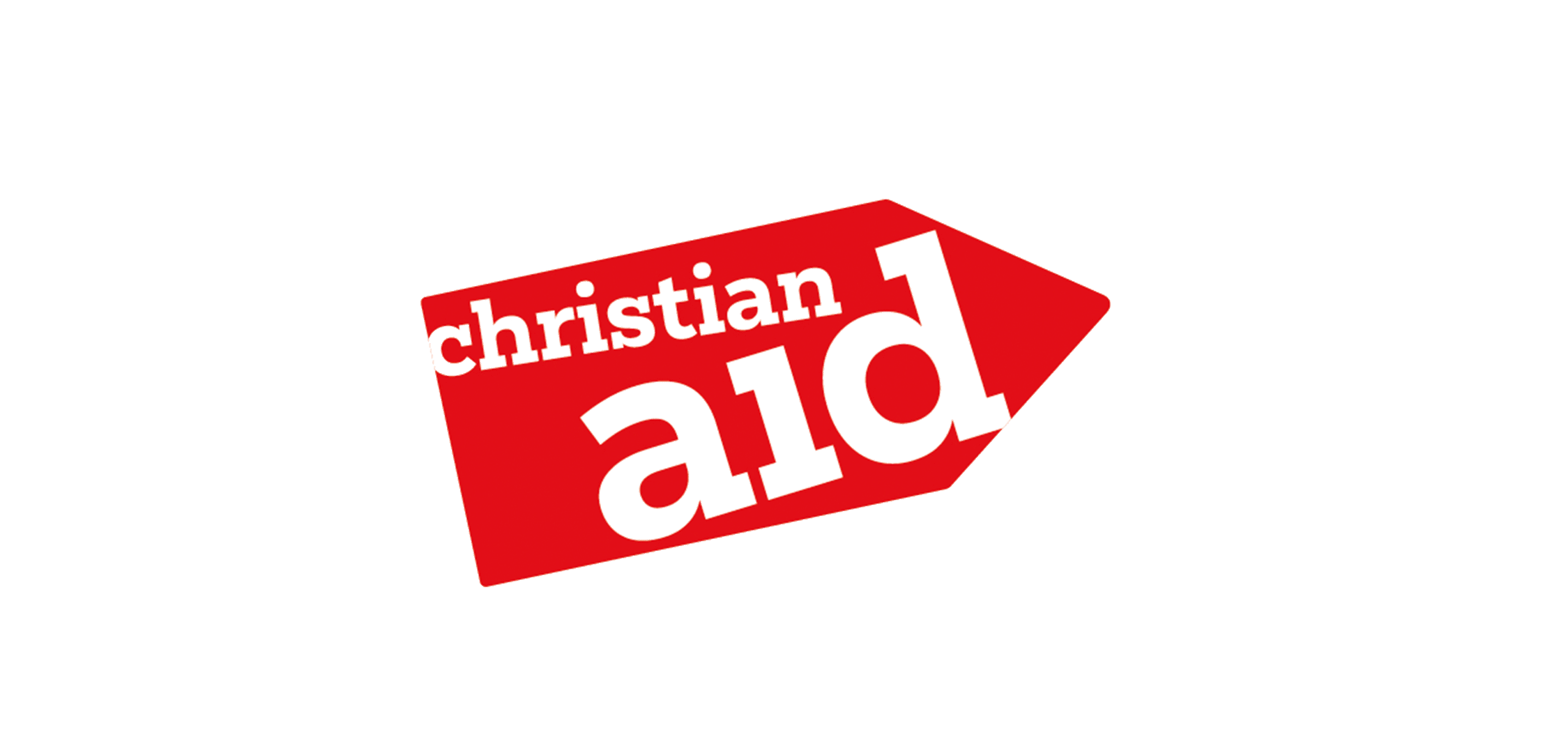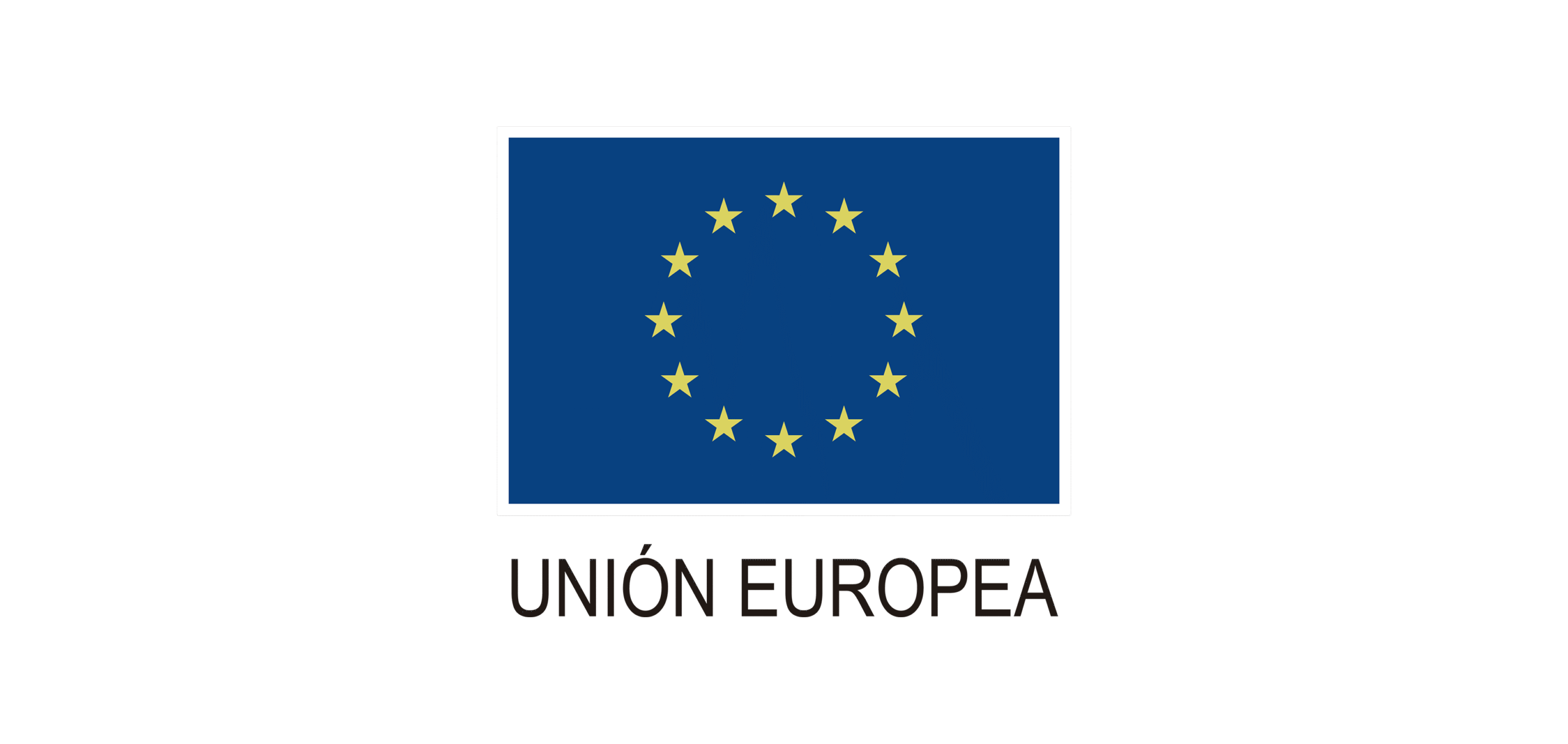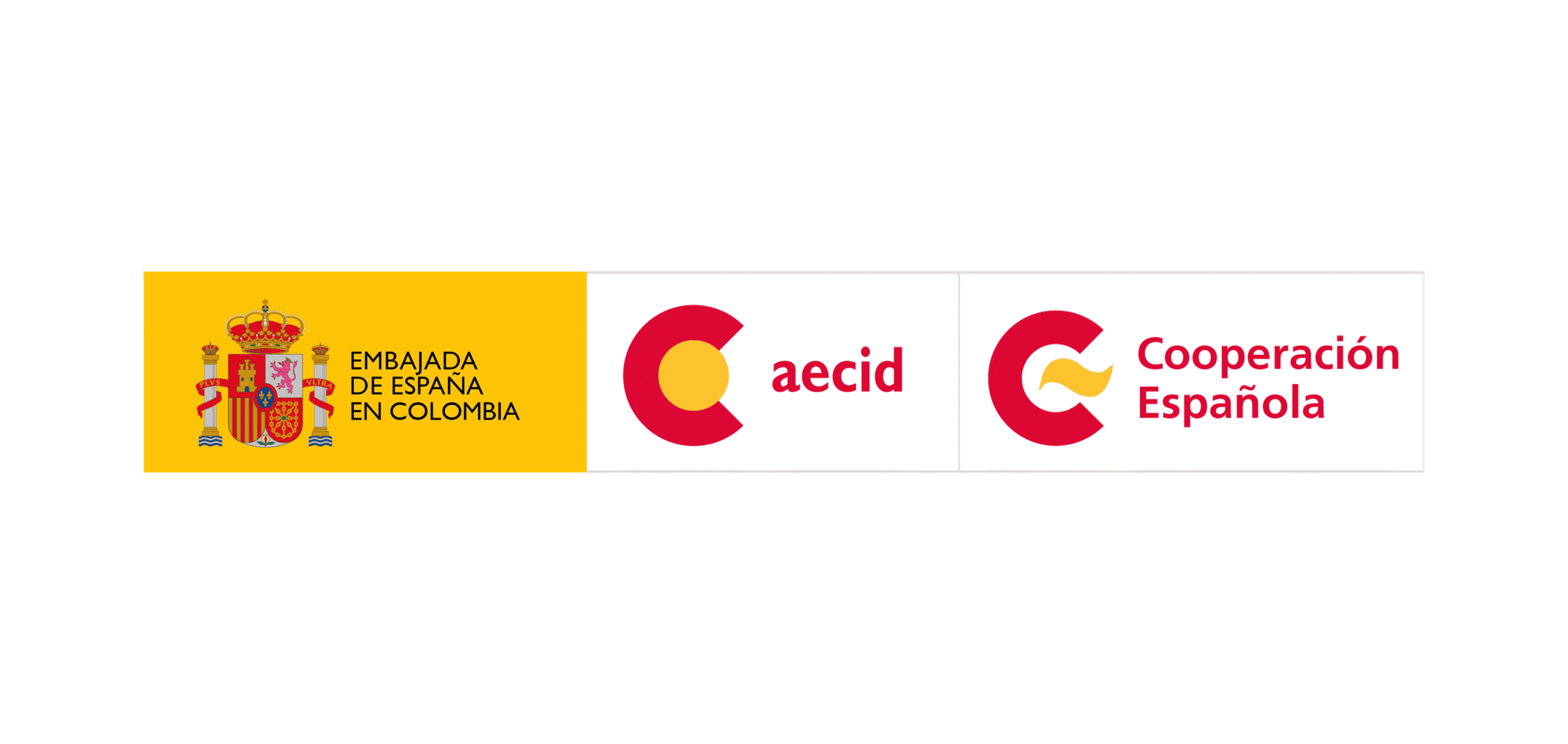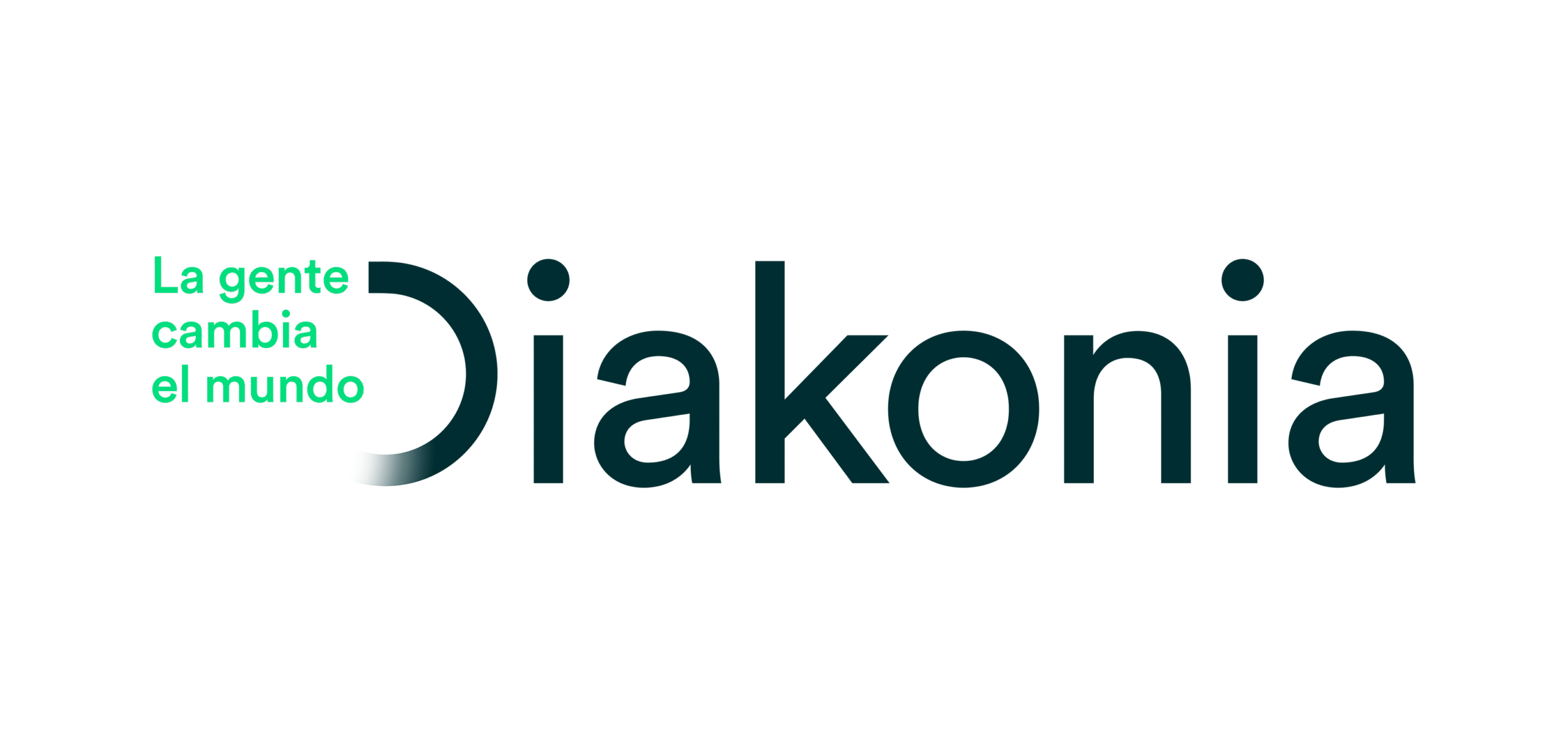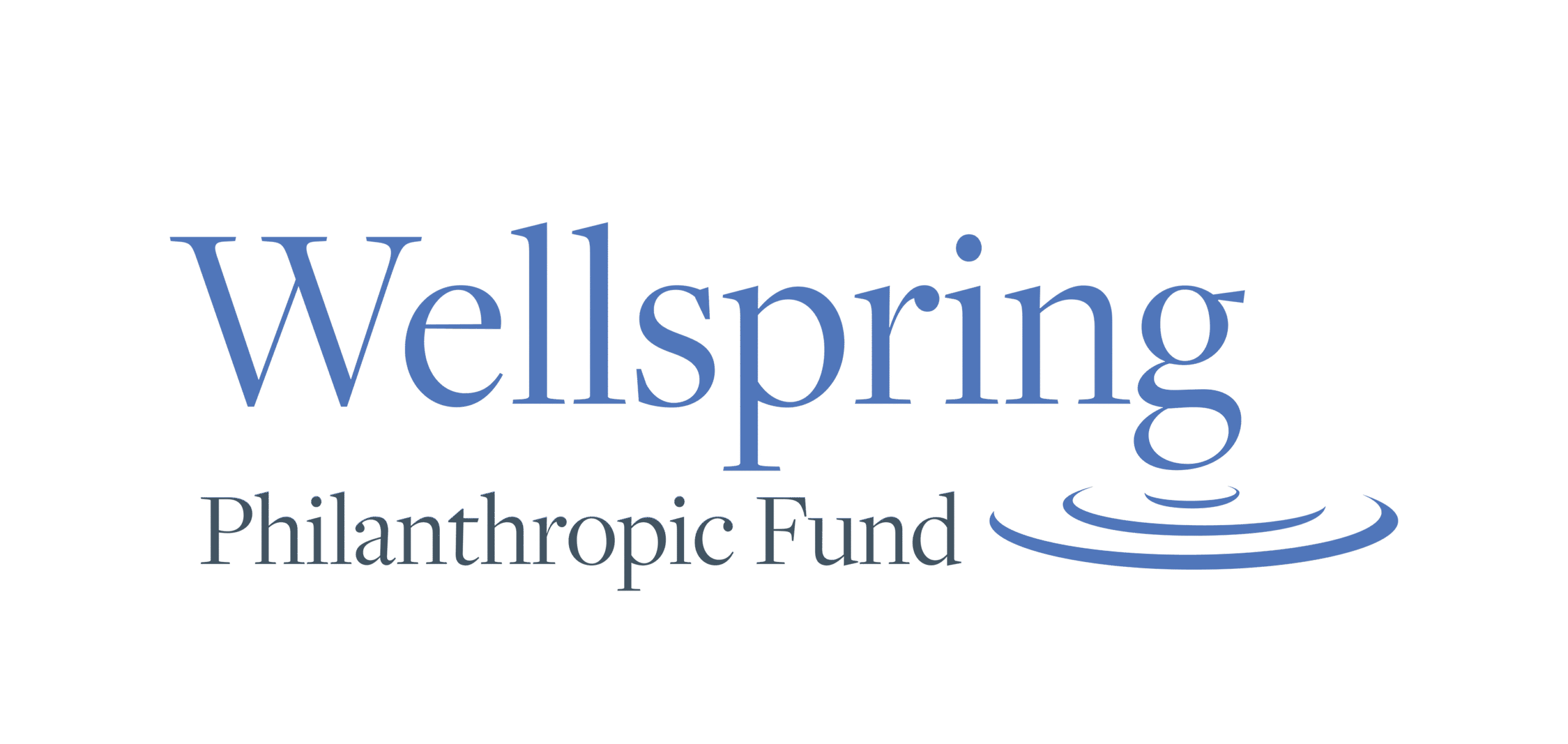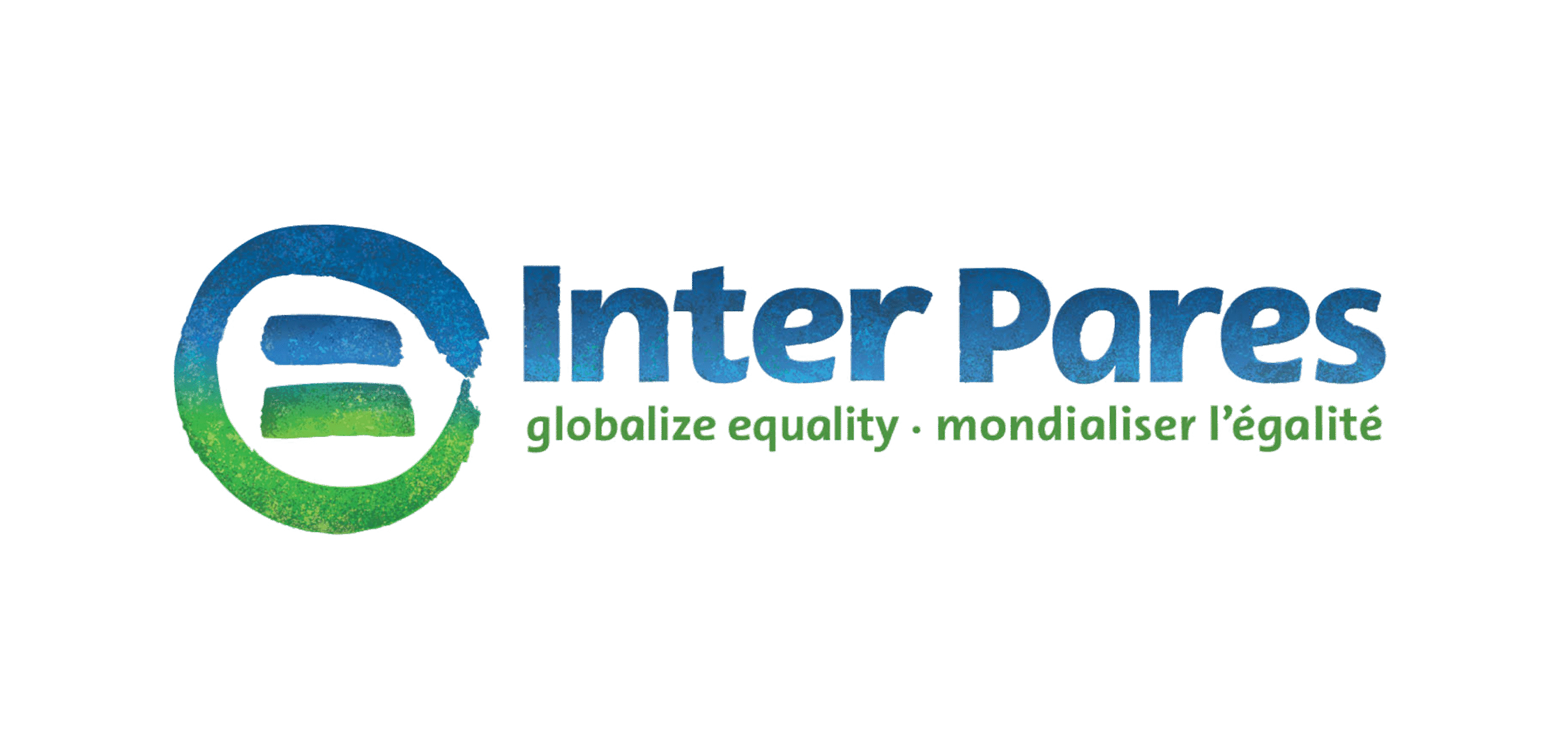By: Lina M. Sánchez
We have not all spoken. The voice that has spoken for us belongs to the same class and is, in fact, the one we should be fighting against: that of the white man. We have allowed the idea of diversity to develop under a single standard. While the problematic generated by this situation has become tangentially visible in the course of struggles and challenges, it remains a fundamental breaking point that requires attention.
The archetype of the community has been embodied by a white, high status, educated, albeit non-heterosexual, male. This, of course, is a symptom that can only come from a disease like patriarchy. This brings with it many other problems. Classism, sexism and racism are not alien to the LGBTI+ community. The community continues to face challenges, it is a vulnerable minority, and any risk that the general population has to face - "Colombian violence, for example" - is a double risk for a homosexual. But if a person is part of two populations, or three populations, or five vulnerable populations (women, poor, trans, afro and disabled, for example) their rights will be possibly five times violated. Therefore, it is these minorities, within the framework of the diverse discourse, that require greater visibility, and whose protection must be paramount.
It is essential to remember that, even when we belong to the same community, we are different, and not only because of the difference indicated by the acronym. The web that generates identity makes our human condition complex. Many human groups, minorities within the minority, have been relegated to oblivion. Not only do we sometimes silence the voices of bisexual people, for example, or trans people, but we have also forged a dangerous, white, healthy, economically stable, educated, physically and stereotypically beautiful, male figure. The bulk of the population is often left out, unrepresented and unprotected. While it is true that we have slowly managed to give shape to the faint voices that have bravely managed to express themselves, there have been many times when we have turned a deaf ear. For this very reason, because we have left our voice to the fate of the patriarchy, we must face other challenges that reverberate within the community but seem to exist only outside of it.
On the other hand, there have unfortunately been more than a few occasions when trans people have been sidelined. Without going into the strong homophobia of some heterosexual individuals, it is also sometimes the same community that closes the doors in the face of trans people. They are not allowed to enter bars or discotheques, to give an almost banal but illustrative example. If this is one of the most challenging minorities within the minority, it must also be one of the most important to protect. Lesbians, for their part, are often behind the flags waved by gays, touching their shoes, making their own the shadow by which they are covered. In a tragic sense, lesbians carry less of a social burden because women's sexuality is often seen as non-sexuality.
The case of bisexuals is at least curious. Society tends to be more imperative with bisexuals. It has hope. Society has hope and will go to any lengths to ensure that an individual's path is twisted as society wants to twist it. If we think that women's sexuality is a non-sexuality and that men's sexuality, being active and present, can be either combat or repulsive, it is not surprising to hear the following cry, irreconcilable with rationality and respect: that women make up their minds; or that the origin of their bisexuality is due to the fact that the man who is a woman has not yet come to them. And, in the case of bisexual men, a part of the imperative society tells them that their behaviour is even more "repulsive" than that of a gay man. And the LGBTI community sometimes tells them that there is no such thing as a "bisexual man". It is not only the venomous-speaking heretosexuals who attack those who appear to them to be outside the norm "even though homosexuality is so natural that it exists not only in the human race but in other animal species but it is homosexuals themselves who attack and kill their own members.
This is the case for all expressions of sexuality. Gender non-conforming, queer, "queer" people (any form of non-heterosexual existence) are quickly rejected. Even within the heterosexual framework there is much that is tragic in a dense and unbreathable air. Machismo and patriarchy, diseases that swallow anyone and any community like an exponentially developing gangrene, also have their negative effects on women and men who have the social privilege of being heterosexual, even though there should be no privilege here.
It is different to talk about a bisexual indigenous man than a bisexual white woman, and a long list of etceteras with possible combinations. Of course it is. But it is this discourse that complexifies our human quality, and makes us, in a broader and more exploratory sense, human. All of those, however, from Afro to lesbian to trans and gender non-conforming, have one problem in common: a white, racist, classist, xenophobic man. This sounds like he's talking about some kind of colonial conquest, supremacy from four centuries ago. And that's the worst of it.
If we have managed to be heard under that white male representation, it is time to diversify the discourse. Let's talk about not just the white gay male voice. We are already doing that. Let's talk about LGBTIQ+ people of African descent, indigenous people, people with disabilities, older people, unemployed, displaced people, immigrants. Let's talk about gays, lesbians, bisexuals, trans, queer and those who, with a different conception, expand our capacity to understand sexuality. Let's talk about ourselves in tune with the reality of the country, with the singularities of a mestizo, hot, environmentally rich, crudely violent Colombia. The recognition of these differences in context will be the door that will allow us to be diverse in reality, to leave aside our borrowed identity and open the space to build an identity that represents us.



